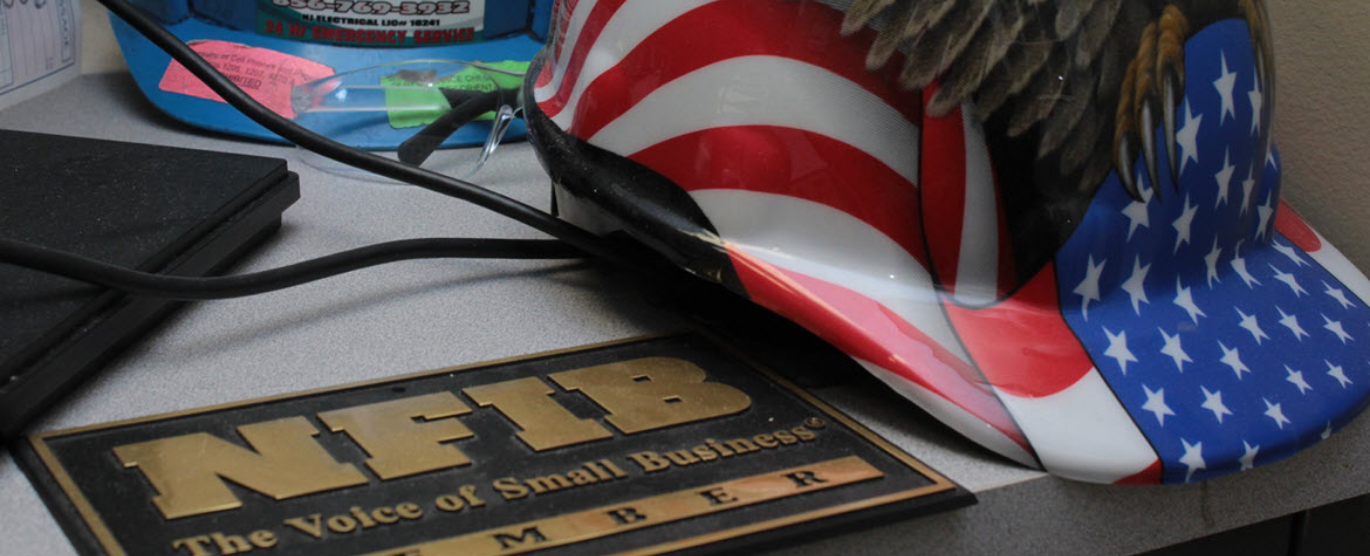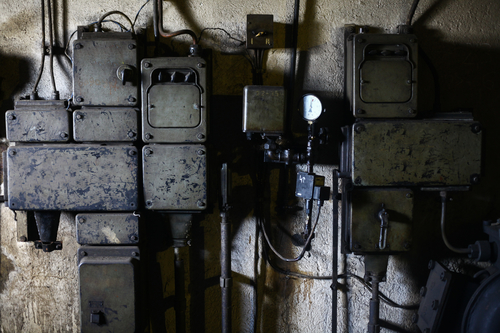There are many things that improve with age—wine, scotch, some cheeses, ourselves. However, your home’s electrical system is not one of them.
In fact, when it comes to age, other than well-made decorative architectural touches, almost none of your homes systems, from plumbing to electrical wiring, are likely to age well.
Depending on how old your home is, it may be time to call us at Eric Krise Electrical Contractors for an inspection and possible upgrade of your electrical system.
This can be especially true in very old homes.
The first type of electrical wiring used in homes was knob-and-tube. It still can be found in houses built between the late 1800s and the mid-1900s.
This entailed nailing ceramic, insulated knobs to the sides of joists in a house’s frame to keep the wires from laying on the wood. Tubes were used when the wires needed to go through joists.
This practice was phased out by the late 1930s as running current would wear down the system, especially at the connections. Still, there are plenty of older homes in our area that may still have some knob-and-wire systems in place, and they should almost always be replaced.
Also, anyone trying to sell a home with this older system will almost certainly be required to upgrade the wiring as insurance companies generally will not insure a home with knob-and-tube wiring.
For homes built in the 1960s/1970s era, you could also have outmoded aluminum wiring.
Again, problems with aluminum wire occur at connections, where exposed aluminum wire may rust, resisting current flow and generating heat. Aluminum also expands and contracts in response to load and temperature changes differently than copper or other materials, so connections between aluminum and other metals can lead to problems that reduce conduction.
An electrical inspection may recommend totally replacing the wiring, or at least replacing connection points.
For most homes built mid-century, however, the main concern about you electrical system is its capacity or amperage. That’s the amount of current that runs into your home.
In today’s world of advanced electronics and smart appliances, most new home construction is done with 200 amp electrical systems. Homes built from the ‘40s on, however, were usually wired with 100 amp systems.
If you’re planning to—or already have—install major appliances and electronics such as modern refrigerators and home entertainment systems, you should seriously consider upping the amperage to 200, or at least 150 amps in smaller homes. Though modern appliances are more energy efficient, the sheer amount of electronics in our home has increased significantly. For example, older homes designed mid-century were not built to include central air conditioning.
Finally, even for homes built from the 1980s on, simple use can wear down any electrical system. We recommend regular electrical inspections for any system, especially before adding major appliances, air conditioning systems, and other major electrical systems.
In the meantime, here are some warning signs to look for that could indicate your electrical system is getting old and needs an upgrade:
- Switches that are loose or aren’t working properly. Something that turns on then goes out and comes back on again may mean wire contacts are coming apart.
- Flickering lights.
- Outlets and switches that are warm.
- Loose plugs. If a plug in an outlet doesn’t have a tight fit, it’s a fire hazard. Worn contacts can lead to electrical arcs.
- Overloading circuits. If you find yourself running extension cords to stop from overloading circuits, it may be time to consider adding new outlets.
- Signs of rust on the meter or at the electric panel. This can indicate hidden water leakage.
- You do not have GFCI outlets installed in kitchens, bathrooms, and near water sources.
- You still have two-pronged outlets in some areas.
- You regularly blow fuses or trip circuit breakers (by the way, still using fuses may mean your circuit box should be upgraded to circuit breakers).
Do you have questions or concerns about your electrical system? Call us at 856.769.3932.




